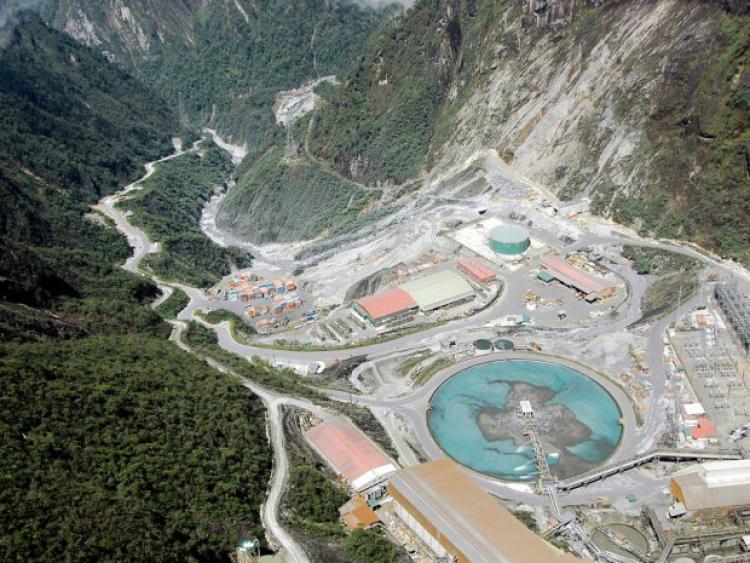Exacting State Loss from Freeport

PT Freeport Indonesia (PTFI) was again called out for causing environmental damage and illegal use of protected forest. This time, the offenses were revealed as findings in a report published by the Audit Board of Indonesia (BPK) regarding the implementation of PTFI’s Contract of Work (CoW) for the period between 2013 and 2015.
According to the state audit report, the United States based company had been operating without license on 4535.93 acres of protected forest and at the same time inflicting a potential state loss of more than IDR 185 trillion or close to USD 13.5 billion due to environmental damages from widespread spill of mine tailing. "This violates Law No 41 of 1999 about Forestry juncto Law No 19 of 2004," said BPK member Rizal Djalil.
This report was singular for its acknowledgement of environmental damage among its findings. Hitherto, state loss in the environmental sector would only tally economic or material loss, such as land use time or timber stand values. In contrast, the new government standard also calculates ecological loss component such as damages to land, irrigation, or biodiversity, as well as cost of ecological recovery such as waste decomposition, recycling, or carbon release. This calculation method was used by the Corruption Eradication Commission (KPK) for the first time in early March to charge the non-active Governor of Southeast Sulawesi, Nur Alam. He was obliged to pay IDR 2.7 trillion of environmental damage compensation that accounted for all three state loss components.
The presence of environmental state loss in the audit report directly confirmed the first element of corruption crime. Whereas the elements of tort/wrongful act and abuse of power were met when PTFI operated without Forest Borrow-to-Use Permit (IPPKH) as required by the Presidential Decision No 41 of 2004 about mining operations in protected area. PTFI never complied with the points of principal license compulsory to obtain this permit. Meanwhile, in order to have its CoW extended, PTFI unduly lobbied the then speaker of the parliament Setya Novanto in an infamous scandal in late 2015.
This is not the first time that PTFI is called out for legal offenses while conducting its operations in Indonesia. Back in 2011, Indonesia Corruption Watch found alleged payments made to police officials. While in New York, Freeport was also charged for violation of the Foreign Corrupt Practices Act and knowingly made false statements when responding to a Global Witness Foundation report about their payments to Indonesian military. Last year, the National Commission on Human Rights (Komnas HAM) even proposed a human rights audit on PTFI as precondition for issuing the Special Mining Business Permit (IUPK) considering the myriad of allegations about human rights violations related to the operations of this company.
Although PTFI had had its license converted from CoW to IUPK since February of last year, it did not nullify the state loss findings as revealed in the BPK audit. PTFI's violations is even more outrageous considering it had been given a chance to take action according to BPK recommendations for almost a year, yet still disregarded them, thus demonstrating a lack of goodwill to rectify mistakes.
PTFI's indifference to the findings and recommendations of BPK could be interpreted as an act against the public, since it is bound in a contract with the state where the object of contract is Indonesia's natural resources, which is governed by the constitution. While the Ministry of Environment had signaled that it would file a lawsuit against PTFI, the taxpaying public could also file a class action or civil liability case. By this audit, at the least PTFI had violated the Environmental Law and could be charged with environmental crime. Although, considering the precedence set in the case against Governor Nur Alam, KPK should have a duty to exact the sum of state loss due to PTFI operations with a charge of corruption crime. (kes/ade)










